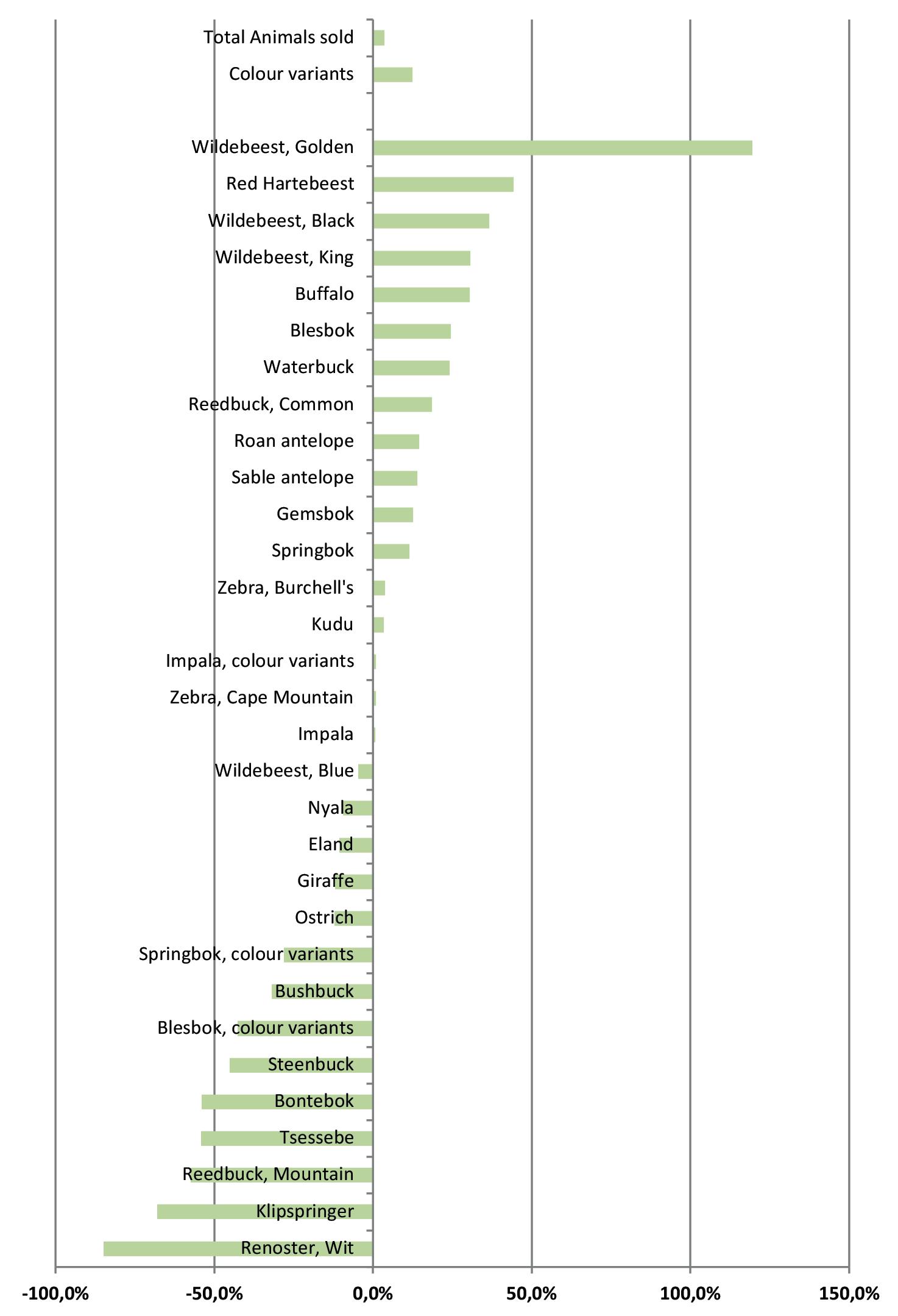
2 minute read
Meet the new minister
by WCDOA pubs
Beverley Schäfer is the MEC for Economic Opportunities in the Western Cape.
OOn 1 November 2018, the new Minister of Economic Opportunities, Beverley Schäfer, took her oath of office in the portfolios of agriculture and economic development and tourism in the province.
She hit the ground running. On her first day in office, Minister Schäfer addressed the agriculture stakeholders’ meeting – a forum in which all of the major agricultural interest groups, including researchers and academics and commodity organisations, meet twice a year. The forum aims to discuss the issues that will set the agenda for the Department of Agriculture in the province going forward.
Later that day, she hosted her first ever First Thursday event at the ministry in Long Street, Cape Town. These events have become a popular way to connect with the public and business owners, and to promote the work done by her two departments. The minister will continue to host them while adding some of her own flair.
While the title of “Minister” may be new to her, the issues in her portfolio are certainly not. Minister Schäfer was previously the chairperson of the standing committee on economic development, tourism and agriculture, where she conducted oversight of the Department of Agriculture and its work.
“Coming from the position of chairperson of the standing committee on economic opportunities, tourism and agriculture, I am no stranger to the issues that face the sector, but I am also aware of its remarkable potential to provide economic opportunities to the people of this province,” she said.
One of the areas that Minister Schäfer has chosen to focus on during her term, is the development of opportunities for young people, particularly in rural areas. In this regard, she has set a target of creating 250 000 new opportunities for young people in the Western Cape over the next five years.
“We are building an economy for the future and we need young people to be a part of that. Youth unemployment is unacceptably high in South Africa, and by providing opportunities for learning, skills development, internships, apprenticeships and jobs, we can make a contribution to solving this problem,” she said.
“The economy and creating jobs is at the centre of what we do in the Western Cape government and as such, my focus will continue to be on the programmes that have made it possible to create 95 000 new jobs in the past year in the province,” she said.
Her other focus will be to encourage connections between big business and small, medium and micro-sized enterprises (SMMEs), to find ways in which those smaller businesses can become part of the bigger supply chain.
“This is applicable in the agricultural space as well. We have found that, through our work with small-holder farmers and the commodity approach, creating access to markets is important to ensure the success of the land reform projects we support. We are exploring ways to get those agricultural products into the value chains of big retailers, the hospitality industry and other areas of the economy, which will contribute to the growth of our rural economy.”
In January 2019, Minister Schäfer travelled to the Central Karoo, where she met with Laingsburg farmers who described the troubles they have been experiencing as a result of the continued four-year drought in that region.

“The department has been supplying drought relief every month to farmers in the critical areas and the farmers I spoke to all indicated how important that aid has been,” she said.
Going forward, Minister Schäfer will continue to focus on the province’s key goals of growing the economy and creating new jobs for the remainder of the current term.
Project Khulisa, the growth strategy that identified agri-processing, tourism and oil and gas as key economic sectors for growth, will also remain a focus.
“Agriculture is at the centre of job creation, food security and economic development in this province and it is a privilege to serve in a portfolio that has such a profound impact on the lives of the people of the Western Cape.” AP










